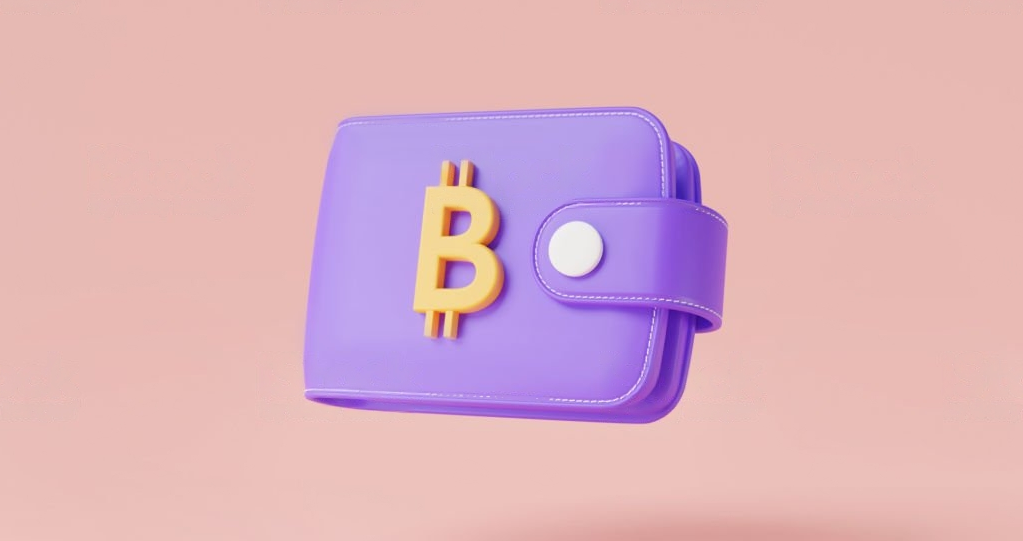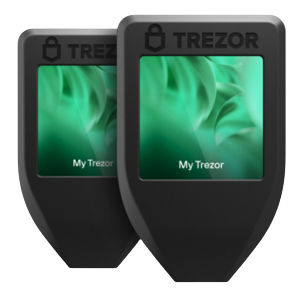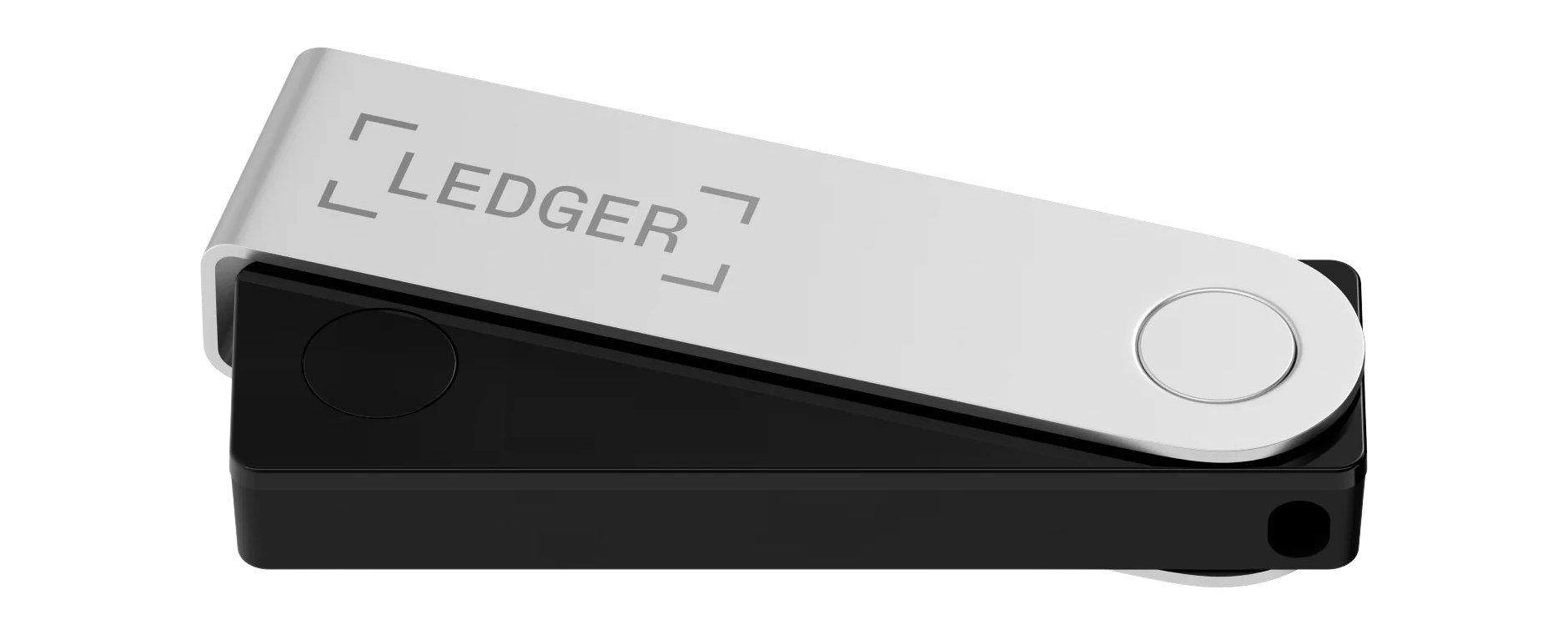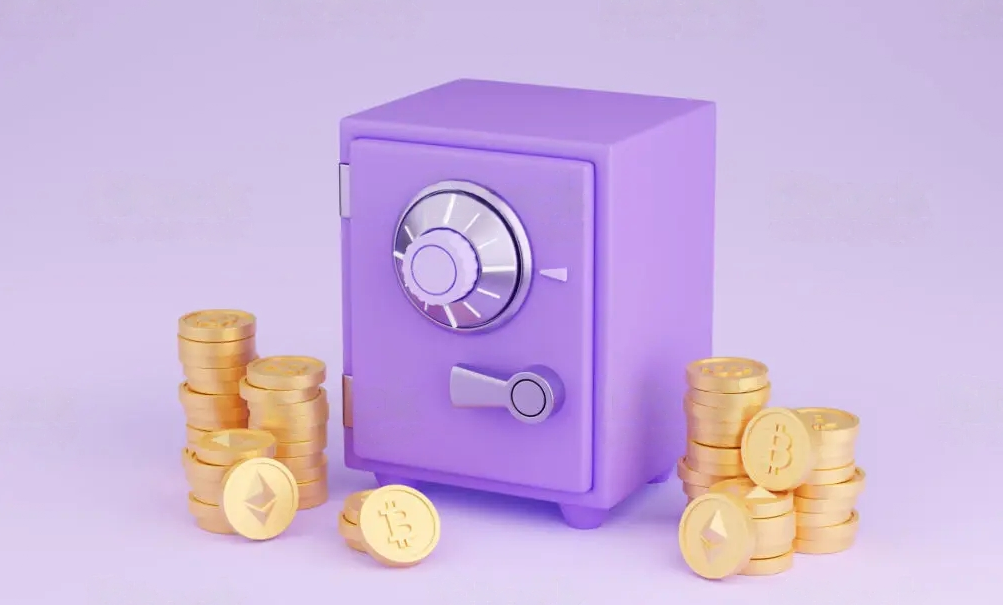
Anyone who trades Bitcoin (BTC) or actively uses the cryptocurrency to pay or receive payments will sooner or later come across the term “Bitcoin Wallet”.
A Bitcoin wallet is a digital wallet used to store cryptocurrency and send and receive Bitcoin. For other cryptocurrencies such as Ethereum (ETH), Litecoin (LTC), or Ripple (XRP), a wallet is also a central component.
You can set up a Bitcoin wallet and the associated Bitcoin address yourself online or alternatively host a digital wallet on your own PC or a USB stick.
Table of contents
- What is a Bitcoin Wallet?
- How does a Bitcoin wallet work?
- What is a Bitcoin Wallet Address?
- What types of Bitcoin wallets exist?
- How do I create a Bitcoin wallet?
- Who offers Bitcoin wallets?
- What You Should Consider When Picking the Right Bitcoin Wallet
What is a Bitcoin Wallet?
A Bitcoin wallet is the wallet of the Bitcoin world and plays a central role there. Without Bitcoin wallets, trading the cryptocurrency is not possible. Similar to how the wallet in your pocket is the storage place for bills and coins, a Bitcoin wallet serves as a digital storage place for your Bitcoins.
The wallet is also the basis for sending and receiving Bitcoin and is therefore essential for incoming and outgoing payments.
Every Bitcoin wallet comes with its own unique public address. This address acts like the wallet’s ID on the Bitcoin blockchain. When you buy Bitcoins or receive payments, they get sent to this address and show up in your wallet shortly afterward.
When selling Bitcoins or paying with the cryptocurrency, the payment goes from the wallet to another Bitcoin address.
Read also: How to Buy and Send Bitcoin on Cash App
How does a Bitcoin wallet work?
Here’s how it works:
-
- Digital Keys: At its core, a Bitcoin wallet consists of two keys – a public key and a private key.
- Public Key: This is like your email address; you share it with others so they can send Bitcoins to your wallet. It’s safe to share your public key with anyone.
- Private Key: This is like your password; you should NEVER share it with anyone. Your private key is what allows you to access and control the Bitcoins in your wallet.
- Receiving Bitcoins: When someone wants to send you Bitcoins, they use your public key to send them to your wallet. It’s a bit like them depositing money into your digital bank account.
- Checking Your Balance: Your wallet keeps track of how many Bitcoins you have by checking the Bitcoin blockchain, which is like a public ledger that records all Bitcoin transactions. Your wallet scans the blockchain for your public key to see how much Bitcoin is associated with it.
- Sending Bitcoins: When you want to send Bitcoins to someone else, you use your wallet to create a transaction. You specify the recipient’s public key and the amount you want to send. Then, you sign the transaction with your private key to prove that you’re the owner of the Bitcoins, and your wallet broadcasts this transaction to the Bitcoin network.
- Security: Since your private key is so important, it’s crucial to keep it safe. If someone gets access to your private key, they can take your Bitcoins. Many wallets have security features like encryption and backup options to protect your private key.
- Types of Wallets: There are different types of Bitcoin wallets. There are hot wallets that you can run on your computer or smartphone, and there are also cold wallets, which are physical devices designed specifically to securely store your Bitcoins.
- Digital Keys: At its core, a Bitcoin wallet consists of two keys – a public key and a private key.

What is a Bitcoin Wallet Address?
Think of a Bitcoin wallet address as your unique digital ID number, similar to an account number in traditional banking. This ID is essential for getting paid in Bitcoin. When someone sends you Bitcoin, they use this ID to make sure it goes to your wallet.
This ID is typically 27 to 34 characters long, starting with a “1” or “3”. It looks something like this: 38g6rosMAzwsQBxomKh7Kp63AKVjXt
Now, this ID is created from a more complex code called a public key. This public key undergoes some fancy math and turns into this long, complicated ID. It’s so long that people usually copy and paste it or use QR codes to avoid mistakes.
But here’s the crucial part: don’t mix up this public ID with your “private key.” Your public ID is safe to share, but your private key is like the secret password to access your Bitcoin. Anyone with your private key can spend your Bitcoin, so you’ve got to guard it like a treasure chest!
Read also! Best Bitcoin Wallet in Ghana
What types of Bitcoin wallets exist?
There are different types of Bitcoin wallets, each with their own advantages and disadvantages:
-
-
- Online wallets
- Mobile wallets
- Desktop wallets
- Hardware wallets
- Paper wallets
-
Online wallets
You can create an online wallet online and use it in the browser, all you need is an internet connection. All you have to do is register briefly and access works in the classic way with a combination of a user name and the associated password.
Mobile wallet
A mobile wallet works via an app on a smartphone or tablet. You manage the cryptocurrency right on your device. Mobile devices have built-in cameras, making payments with QR codes super convenient. You can make payments without worrying about making typing mistakes or copying the Bitcoin wallet address, thanks to this feature.
Desktop wallet
A desktop wallet is stored on your own computer. Many wallet programs download and store the entire blockchain on disk as part of the necessary synchronization with the Bitcoin network. Because the blockchain is now several hundred gigabytes in size, your own wallet not only requires a lot of hard disk space, the synchronization after the first start also takes hours, days or even weeks, depending on the quality and speed of your internet connection!
Your own Bitcoin wallet is only fully ready for use after synchronization. So-called light wallets are the alternative. They only store part of the blockchain on the computer and therefore do not require extensive synchronization after setup.
Hardware wallets and paper wallets
There are two special types of Bitcoin wallets: hardware wallets and paper wallets. They’re both designed for top-notch security. Here’s the deal: these wallets aren’t always online, which makes them less vulnerable.
Read also: Best Bitcoin wallet in Tanzania
Imagine a hardware wallet as a tiny, USB-sized device. It keeps your cryptocurrencies and private keys super safe, all encrypted and protected with a PIN. It only connects to your computer when you need it, like when you want to send Bitcoin.
Now, if you’re looking for a minimalistic option, there’s the paper wallet. It’s literally a piece of paper with your unique public and private keys. You use it to access your Bitcoin when necessary, and it doesn’t need an internet connection. But here’s the catch: it’s not safe from real-world risks like fire or misplacing that piece of paper when tidying up or moving. So, choose wisely based on your security preferences!

How do I create a Bitcoin wallet?
Creating a Bitcoin wallet is a crucial step in getting started with cryptocurrencies. Here’s how you can do that:
- Choose a Wallet Type: There are several types of Bitcoin wallets, but for beginners, it’s best to start with a software wallet. You can use a mobile wallet (like Electrum, MyEtherWallet, or Trust Wallet) for convenience, or a desktop wallet (like Exodus or Atomic Wallet) for added security.
- Download the Wallet: Go to your device’s app store or the wallet’s official website. Download and install the wallet application.
- Set Up the Wallet:
- Create a New Wallet: Open the app and select the option to create a new wallet.
- Secure Your Wallet: Set a strong, unique password. This is essential to protect your funds.
- Backup Your Seed Phrase: The wallet will provide you with a seed phrase (usually 12 or 24 words). Write this down on a piece of paper and store it somewhere safe. This is your backup in case you lose your device or forget your password.
- Receive Bitcoin:
- Inside your wallet, you’ll find your Bitcoin receiving address. It’s a long string of characters.
- Share this address with someone who wants to send you Bitcoin. They can scan your QR code or copy-paste the address.
- Send Bitcoin:
- To send Bitcoin to someone else, use the “Send” or “Send Bitcoin” option in your wallet.
- Enter the recipient’s Bitcoin address.
- Specify the amount you want to send.
- Confirm the transaction details and enter your wallet password.
Read also! Best Bitcoin Wallet In Canada 2023
Security Tips When Creating a Bitcoin Wallet
-
- Never share your seed phrase or wallet password with anyone.
- Be cautious of phishing websites and emails claiming to be from your wallet provider.
- Enable any additional security features provided by your wallet.
- Periodically check for wallet updates and install them to benefit from the latest security improvements.
Who offers Bitcoin wallets?

Various companies and developers offer Bitcoin wallets, and you have several options to choose from:
- Mobile Wallets: These are apps you can install on your smartphone. Some popular ones include Coinbase, Trust Wallet, and Breadwallet (now called BRD).
- Desktop Wallets: These are software programs you can install on your computer. Electrum, Exodus, and Bitcoin Core are examples of desktop wallets.
- Web Wallets: These are online wallets accessible through a web browser. Blockchain.info and BitGo offer web-based wallets.
- Hardware Wallets: These are physical devices designed specifically to store Bitcoin securely. Two well-known options are Ledger Nano X and Trezor.
- Paper Wallets: These are physical pieces of paper with your Bitcoin address and private key printed on them. They’re secure from online hacking but can be lost or damaged physically.
- Multi-signature Wallets: These wallets require multiple private keys to authorize a Bitcoin transaction, adding an extra layer of security. Some multi-signature wallet providers include Casa and BitPay.
Remember, the choice of crypto wallet depends on your preferences and needs. If you’re new to Bitcoin, starting with a user-friendly mobile wallet like Coinbase or a hardware wallet like Ledger Nano X is often a good idea. Always make sure to download wallets from trusted sources to avoid scams.

What You Should Consider When Picking the Right Bitcoin Wallet
When you’re picking a Bitcoin wallet, there are a few important things to keep in mind. Here’s what you should consider:
- How You Plan to Use Cryptocurrencies: Think about your goals. If you’re actively trading or spending Bitcoin, a mobile or internet-based wallet linked to a crypto exchange might be convenient. But if you’re holding a substantial amount for the long term, a more secure hardware wallet could be a better fit. Just remember, moving crypto between wallets might involve fees.
- Check the Wallet’s Reputation: Do your homework. Read reviews to gauge ease of use, additional features, and most importantly, security. Avoid wallets that have been compromised in the past.
- Backup Options: Consider how the wallet allows you to back up your data. Having a backup plan is crucial in case your device fails. Some wallets offer online or physical backups to ensure you can access your coins if something goes wrong.
- Key Management: This is a big one. Different wallets handle private keys differently. Some services manage them for you, making it easier to recover if you lose your key. Others, like hardware wallets, put you in complete control. If you’re worried about getting locked out, opt for a wallet where the provider holds your key. If you prefer the decentralization aspect of cryptocurrencies, choose a wallet where you manage your keys – and your coins – entirely.
Remember, you’re not stuck with one type of wallet forever, and it’s okay to have multiple wallets for different needs. The key is finding the right balance between security and convenience for your specific crypto journey.
